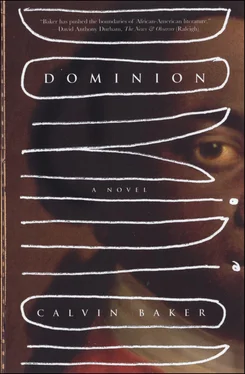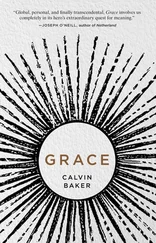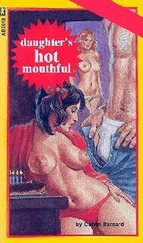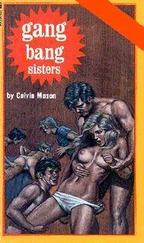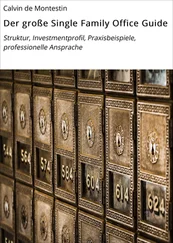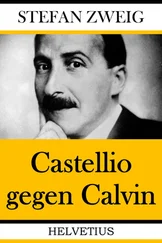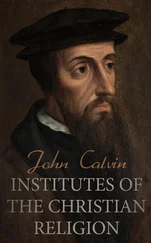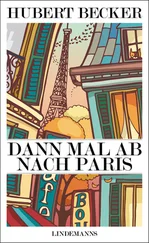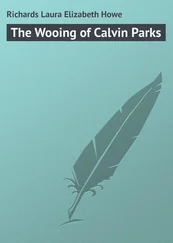When he arrived back in town it was morning on the clock but not yet in the world, and he went on to his workshop, where he barred tight the door. The oven was still warm from the day before, but not hot as he needed it, and he spent hours stoking it back up to its maximum hotness. By the time he judged the furnace to be ready it was dawn, and one of the apprentices knocked at the door. He warned him off, to be left alone with his labor. The others came soon after, but he no longer bothered responding to their knocks and whistles, because he had started the rocks and watched them steadily without moving. When they were melted down he separated out the impurities, which were miraculous few, then fired the metal again. It was pure steel, like nothing the earth produces. When it was ready to be molded, he took it to his anvil and began working it into form with all the passion of force he possessed, raising and lowering the hammer onto the fired rock until it began to have shape and meaning beyond heat and mere metal. The sweat on his brow poured from his concentrated thought as much as from the furnace, but both commingled forms of perspiration evaporated almost instantaneously. He felt dry there in his cocoon of work, but to an outsider looking on he seemed to be covered in a cloud of steam.
After he had beaten a rough shape, he added to it a thin strip from another of the treated rocks, then hammered them until they were fused as hand and arm. The sound of his hammering, a familiar noise in the town, rang out that morning with a clarity and intensity that made passersby stop on the sidewalk to listen as he worked. Each time he drew the steel from the fire the metal screeched as it was being taken away, as two solids or else two similar elements crossing each other. Indeed, men who were later cut by it invariably described both the blade and the resultant sensation as a deep, mineral scalding.
Satisfied, he quenched it all in oil and left it to cool. In time he removed the blade and studied his effort, then fired portions of it again at various temperatures, hammering away the minuscule flaws and imperfections but also strengthening the metal a thousandfold more. He repeated the cooling, this time slackening the heat in water that had been mixed with certain liquids from his workbench.
He finished it on the second morning and quenched the whole thing in the vast vat of rainwater at the center of the room. He then took a stone to file and sharpen the edge, but found it was already dangerous to touch. He tested the edge and the tensile strength and was deeply satisfied. When one of the assistants knocked at the door this time he unbarred it and allowed the other man to enter.
He had worked until daylight pulled his head up to the horizon, just as the morning star, Venus, disappeared under the summit of the mountains, and he held the sword by its hilt up to the sun to see clearly what had been created in his furnace. It was perfect. Or nearly so.
When Charlton, the young assistant who was in charge of keeping the fires going, entered that morning, the first thing he noticed was the motif radiating out from the center of the sword, like patterns on Damascus steel, as it rested there on Purchase’s bench. These were not ordinary etched formations, though. People lucky enough to view it over the years all claimed they saw different things there, but even the wisest men and women could only see what they already knew. The majority saw nothing at all. What Purchase and his assistant both saw in the metal, as it cooled from its own creation, neither would confess to the other, for it was the entire world and future of the not-yet-conquered continent.
First was Auriga, called the Charioteer, who was the son of Hephaestus. There were then the instruments: Caelum, known as the Sculptor’s Chisel; Pyxis, the Compass; Sextens and Octans; and Norma as well. Great Fornax adorned an edge, as did Scutum and Horologium. Andromeda did burn brightly, and Ara, that most ancient altar, was there like a jeweled inlay in the metal itself. The celestial birds were present in pairs, Tucana and Aquila, the Eagle; Corvus and great Phoenix, though this was the only thing that might be called a blemish on the blade, as it was the same purple color of that creature in life, and was in fact the strongest metal, standing hard at the tip.
Delphinus played with other lighthearted beasts. Ophiuchus was present with his snakes, and Draco, the Dragon, appeared to turn, as it does in the night sky. Old Boötes drove the Bears as e’er he will — until the polestar turns away.
He saw Adam and Eve and their children, whom he did recognize, but hundreds of other people he did not. He saw in fact whole peoples who seemed strange to him and so could not make out their actions, only the ones he had already heard tell of. But everywhere on it he saw hope.
Down, not far from the base of the sword, Purchase Merian saw a man who was undoubtedly his father, Jasper; then himself. There were other figures as well near to them, but when these two appeared he nearly dropped the metal, for while the others were all strangers or only distantly known, these two stood so forcefully and lifelike he recognized that it was work even beyond what he could create and knew he held what had been blessed by God.
Besides his own hidden history he also saw a face that was clear and knew it was another close to him, though he did not recognize the man. He next saw the history of the country, from the explorers Cabot, Columbus, Balboa, Magellan, and Raleigh in their armadas first sailing, and the king’s chartering each of the colonies one by one. He saw as well fantastic inventions that he could not decipher from the more mythic things that adorned the blade. Had he an interest, he could have counted and named the great artists and scientists of the land and even its immortal bards. Of the philosophers there were not a great many, but its generals were numerous and mighty.
He also saw wars. He saw them first in what he recognized as the African and European lands, and he saw the Indian conflicts, ending with that race sent on a great trek out of their countries. Nearer he saw a war between Englishmen and another people who seemed much like them. Deeper down the blade he saw war again in Europe, that conflict then spilling off and onto all known parts of the globe. He also saw wars with the strange races he did not recognize and could not name, but that his countrymen did fight with them.
Next he counted men he did not know but could tell were to be the great leaders of the colonies, and of them were every race of men, including some he had not seen before and could not recognize. His eye did stop and go back, though, when he realized how close was the first of the mighty wars imprinted on the sword, and this he surmised was the reason for it being called into being.
When he could see no more, as the motif faded at a point and would not reveal its mysteries, he bade Charlton to hold it and feel its faultlessness, but the instrument was too heavy for the boy. One by one the rest of the workers entered the shop that day and marveled at what Purchase had created in his sequestered fever, but none could lift it, nor could any decipher the legend that ran down the center of the blade.
The sharpness, though, was evident to all. One man touched a solid iron bar to it, which was split evenly in two. The same was true for paper, hair, and even rock. Nor did the blade dull. When he asked that they try to break it, they all balked, not wanting to harm anything so lovingly crafted. In fact none would approach until Purchase offered a reward for whoever could break that steel. Each man tried it then, but none of them could succeed. For Purchase had made a perfect sword, which he told all who would listen was the only need it had for existence, though he knew by then it would eventually be part of an altogether different and very sad business.
Читать дальше
